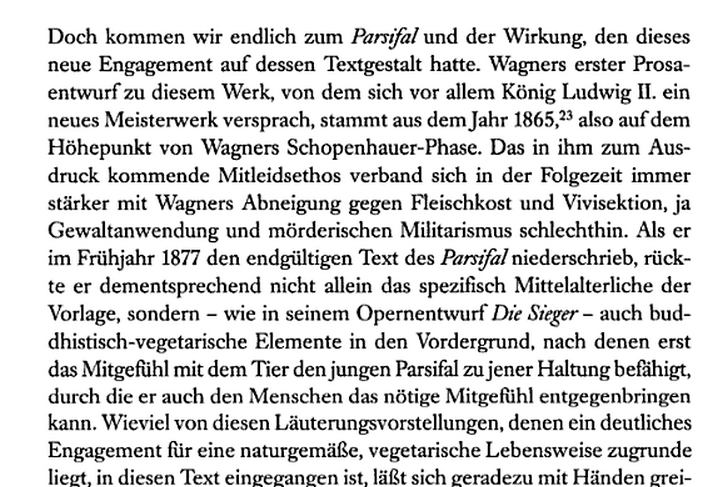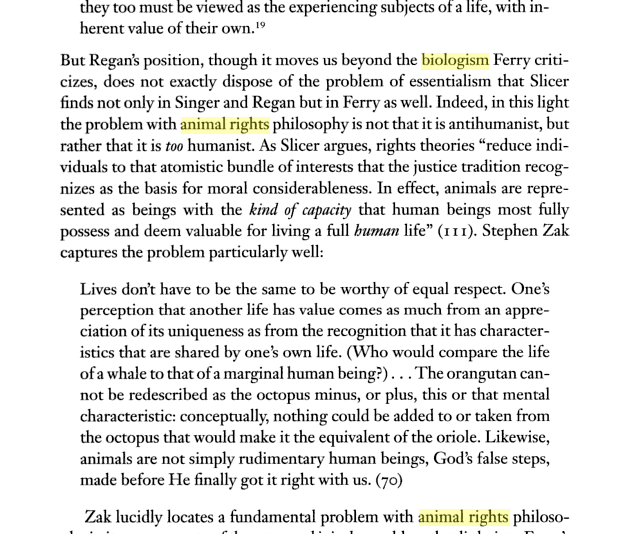Palang LY
The Violence Question
Taking the jump from being society as we have it, to becoming responsible individuals that are taking account for their actions and inactions.
I recently came across a discussion about using means of ‚violence’ for ends that would help bring about a reality in favour of Animal Rights. As in this discussion, which was on the blog of Prof MacWilliams (http://james-mcwilliams.com/?p=2788), the arguments normally go round the pro’s and contra’s, the benefits and drawbacks of using tactics such as the Animal Liberation Front in particular employs.
As I have argued in my fragment about the validity or non-validity of the genocide / animalcide comparison (http://www.simorgh.de/own_public/the_destructive_force.pdf), we cannot compare the political motives (which employ e.g racism, sexism, homophobia or speciesism / homocentrism) that are at play in the different occurring forms where extreme forms of violent oppression of a “group” (what I mean here with “group” is an entity of living sentient beings, human or animal) is being committed by a powerful human group.
So first of all I’d like to point out that there are other forces of discrimination and technique that we face when confronted with the atrocities of speciesism. And in that sense we cannot compare any human liberation movement with the similarly ethically valid strife of animal liberation.
What is required and what is the best thing to do in AR may vary from legal actions that have to be pressed through when possible, whether they find a support of a majority in a democracy or not, to on the other hand rescue activities that must be equally importantly carried out where possible, whether accepted by all and everyone or not.
To fear a backlash because AR is not intelligible to the majority now would be to give in to the dialectics of speciesism, which exactly employs the fact that animals will always be an “outside concern” and AR not comparable to HR, which is an “immediate concern”.
AR can only become an anchor point of ethics for exactly being that altruist concern that is outside of the human self interest. And the lesson from AR will be, that even if it’s not the business of humanity (as it seems to tick), animal ethics will be the parameter along which new ethics of a new human society will have to measure its imperative morality against.
To sum that up, Animal Liberation tactics are life saving efforts. It doesn’t matter if people like AR people not. (I also don’t like AR groups mostly but I understand that I have to help a nonhuman animal by all means when and where I possibly can.) The question is not, does it damage our reputation in the long run if we help nonhuman animals, but do we have to help the individual where we can. Recognizing the value of the individual life is what Animal Liberation is all about. Speciesism only sees the species. Anti-Speciesism implies an equal recognition of the soul, the spirit, the physical temple, the integrity and the “sacredness of a life” of any single nonhuman animal.
Say: goodbye to homocentrism.
This text as a PDF (link opens in a new window)


